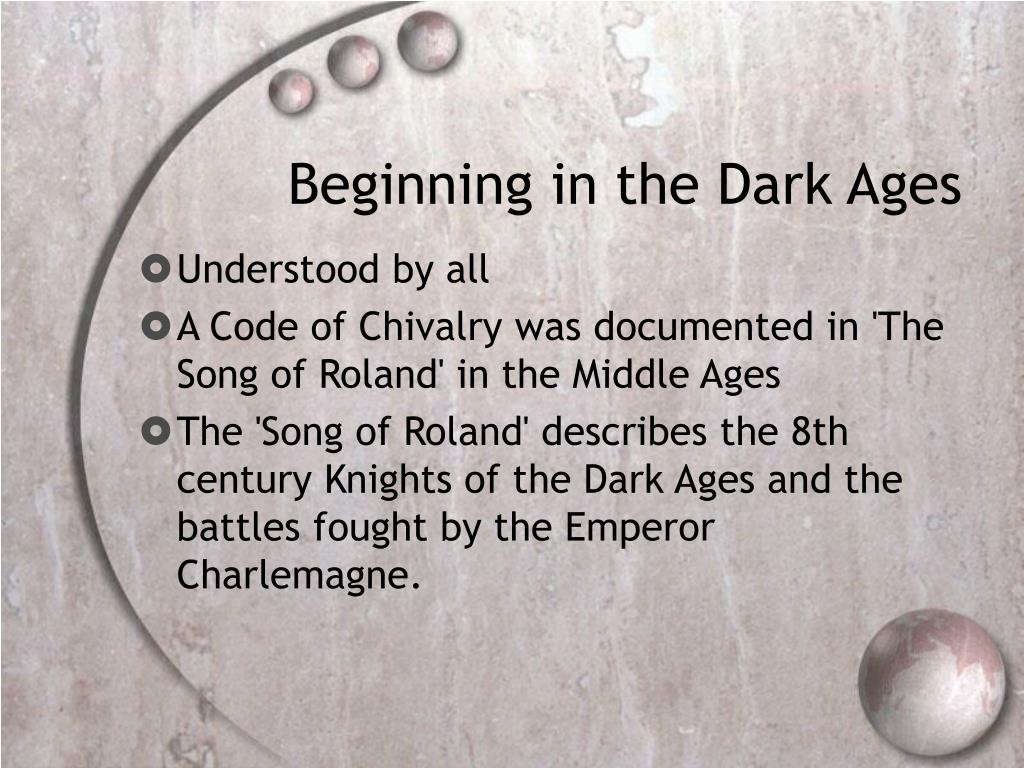

Chivalric reform Ĭharny's advice for rulers and great men is one facet of a wider push for knightly reform.
#CHIVALRY CODE TO LIVE BY GLORY AND HONOUR FULL#
In a section full of repetitive parallelisms, Charny argues that the ancestors of contemporary rulers were chosen from among the people, not for a life of ease and corruption, but for service, nobility, and piety. If Charny emphasizes the high moral standard expected of “great men,” his ideal monarch has an even higher caliber of morality to attain. Thus, the great lords in particular must be temperate in their eating habits, avoid gambling and greed, indulge only in honorable pastimes such as jousting and maintaining the company of ladies, keep any romantic liaisons secret, and-most importantly-only be found in the company of worthy men. Nevertheless, Charny emphasizes that such lords have greater demands upon their deportment because their fame ensures that any scandal associated with their names will produce more notoriety than with a lesser-known knight. After acknowledging that knights of higher social standing-the “valiant lords” of society-may receive greater renown than worthier poor knights, he defends this feature of chivalry by explaining that it is because a noble lord can patronize, inspire, and cultivate other knights in the ways of valor. Responsibilities of rulers and great men Ĭharny is intensely concerned that the most powerful members of society set a positive example for the lower orders, and especially for young knights. A similar theme emerges throughout the book: those feats that involve less danger or are performed for shallow reasons are still chivalrous and worthy of honor, but deeds involving great peril and done for pure motives bring a knight greater glory and renown. Charny notes “Indeed they are worthy of praise nevertheless, he who does more is of greater worth.” (This is a refrain repeated in various formats throughout the book.) Charny follows this section by describing feats done in real war, then arguing that the added danger gives such feats more intrinsic worth. Thus, Charny begins his work by describing feats performed in tournaments and jousts, staged conflicts that could still be quite violent. The worthiness of these deeds is assessed by the degree of danger, pain, and suffering that they entail. Levels of worthiness Ĭharny is unwilling to dismiss even slight displays of chivalry, but does insist on prioritizing deeds of arms. For Charny, the essence of knighthood is prowess, and all of his various themes solidify the importance of this concept. Moreover, although he does touch upon issues of courtliness, he is more preoccupied with the maintenance of knightly hardiness and war-readiness. He approaches his subject from a conceptual basis, explaining the qualities associated with worthy knights.
#CHIVALRY CODE TO LIVE BY GLORY AND HONOUR HOW TO#
Unlike earlier works such as Vegetius' De Re Militari, or later ones such as Christine de Pizan's The Book of Deeds of Arms and of Chivalry, Charny's Book of Chivalry is not intended as a manual for how to conduct military operations.

Major themes Ĭharny's book is unique in its focus. It was in this same battle that Charny, along with many other French knights, died exemplifying the chivalric ethos that he described in his treatise. In 1356, Jean II was captured during the Battle of Poitiers, leading to the complete breakdown of the order. However, the company began to lose members immediately due to losses on the battlefield, both in civil wars and against the English. Charny was promptly made a member of the Company of the Star, and it is believed that he wrote his Book of Chivalry in this context. Jean created the Company of the Star in 1352, intending the chivalric order to outshine that of his rival, Edward III of England, who had shortly before created the Order of the Garter. The first record of his campaigns against the English appear in 1337, and despite being captured twice, Charny grew in prestige from a minor member of the nobility to one of the most respected knights in France, especially under the kingship of Jean II of France. Geoffroi de Charny was intensely involved in the first phase of the Anglo- French conflict known as the Hundred Years' War.



 0 kommentar(er)
0 kommentar(er)
